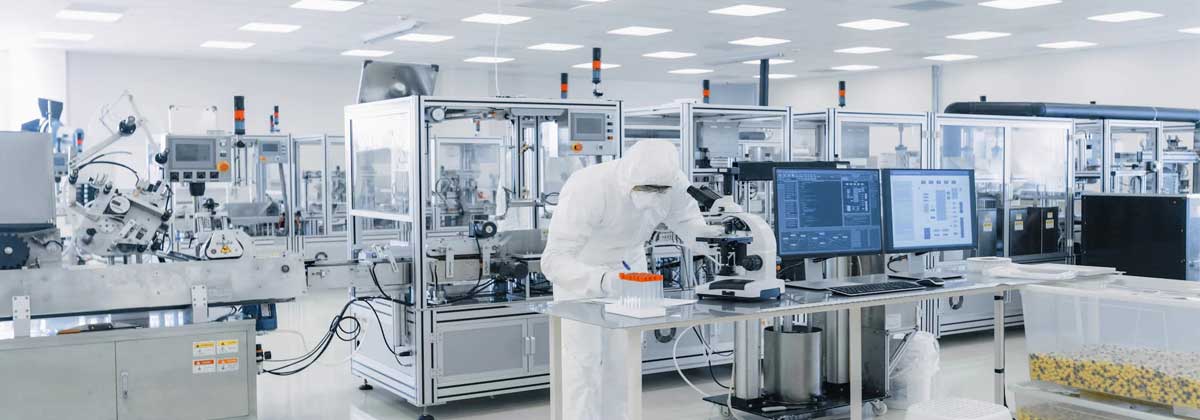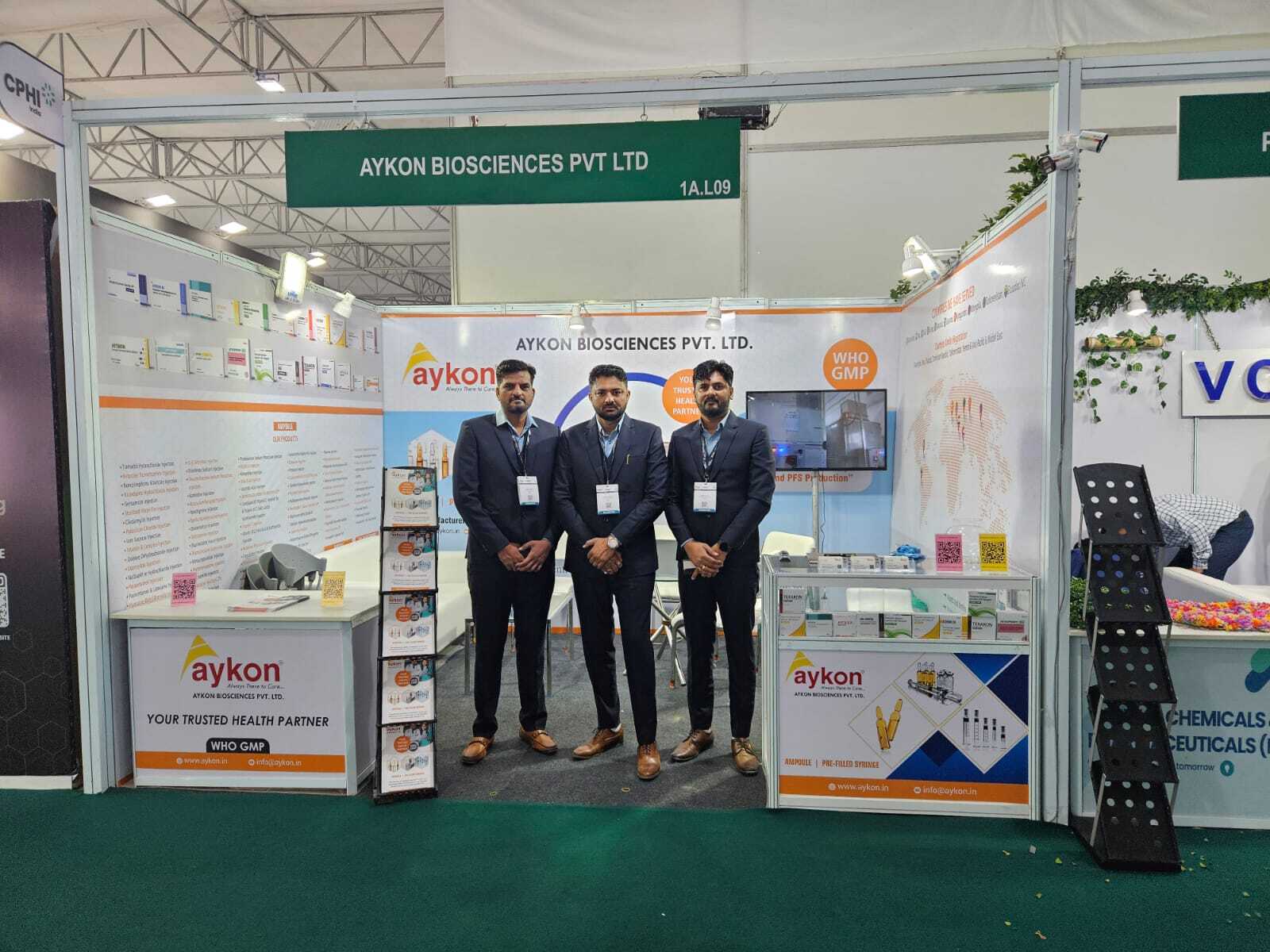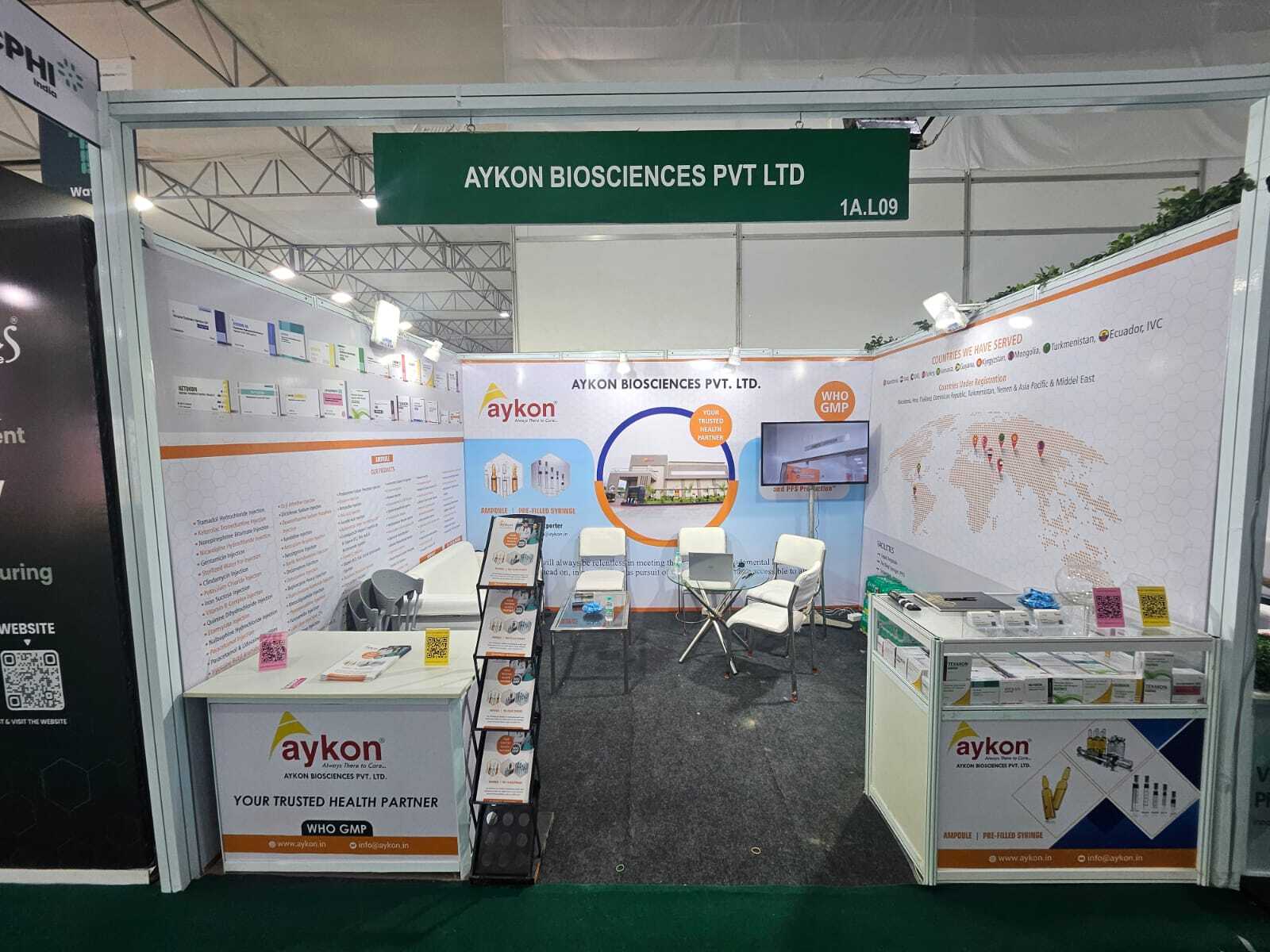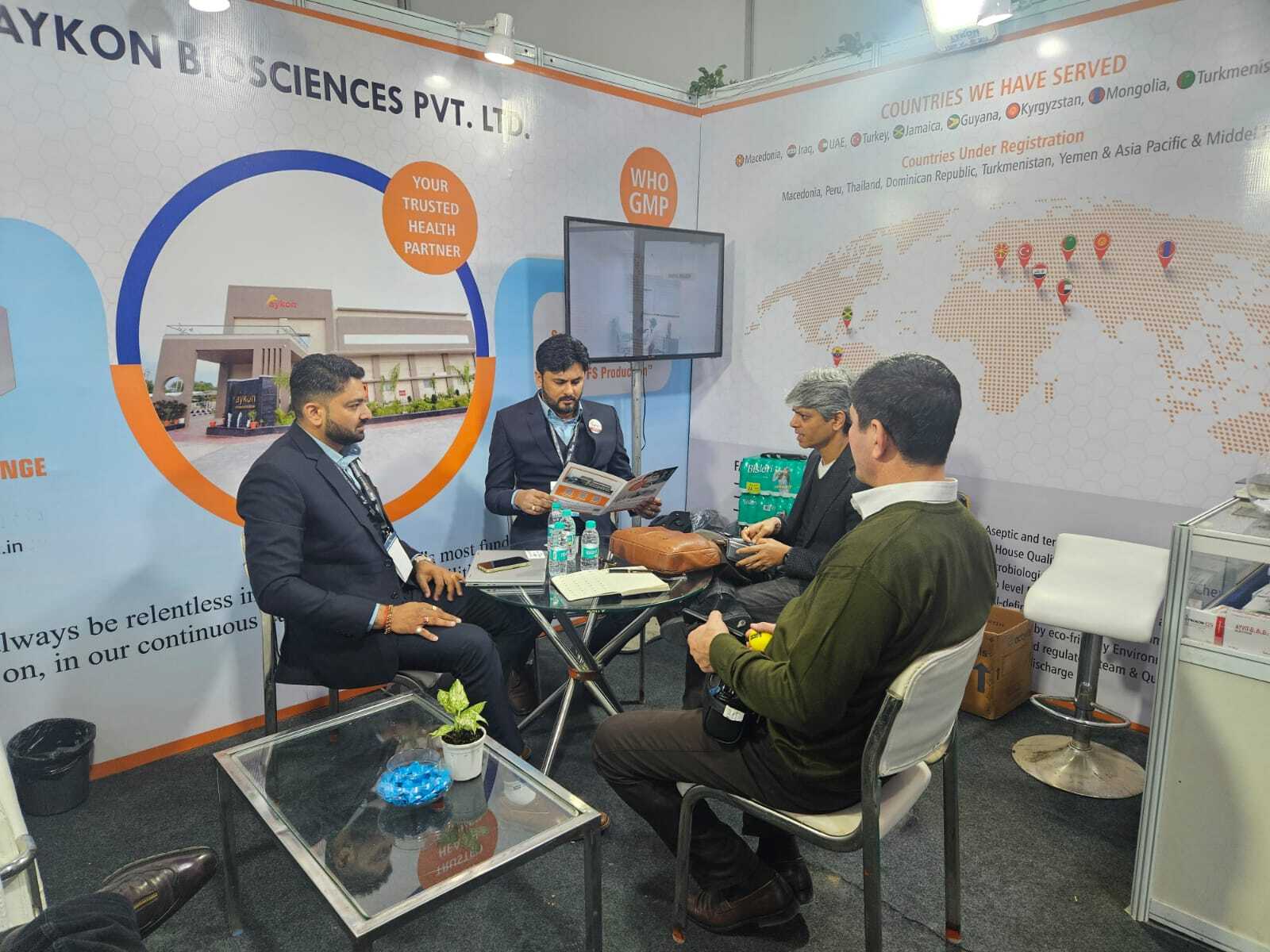
Pharmaceutical manufacturing is a highly regulated, complex, and critical process that ensures the production of safe and effective medications. Over the past decade, advancements in technology have played a transformative role in improving the efficiency, quality, and safety of pharmaceutical manufacturing. From automation to artificial intelligence (AI), technology has redefined how drugs are developed, produced, and delivered to patients.
Automation and Robotics
One of the most significant technological advances in pharmaceutical manufacturing is the integration of automation and robotics. Automated systems in manufacturing processes like formulation, packaging, and labelling have streamlined operations, reduced human error, and improved production rates. Robotics, in particular, have been implemented to handle repetitive tasks, such as filling and sealing, which enhances precision and reduces contamination risks.
Data Analytics and IoT
The Internet of Things (IoT) and data analytics are revolutionizing pharma manufacturing by enabling real-time monitoring and predictive maintenance. IoT sensors embedded in machinery and production lines provide continuous data streams, which can be analyzed to track equipment performance, identify anomalies, and predict potential failures before they occur. This predictive approach minimizes downtime, optimizes operations, and ensures consistent product quality.
Artificial Intelligence and Machine Learning
Artificial Intelligence (AI) and Machine Learning (ML) are accelerating pharmaceutical manufacturing by improving decision-making and optimizing supply chains. AI algorithms can analyze vast amounts of data to identify trends, forecast demand, and optimize production schedules. Additionally, machine learning can be used to optimize formulations, reduce material wastage, and ensure that production processes are running at their highest efficiency.
3D Printing in Drug Development
Another exciting technological advancement is 3D printing, which is becoming an essential tool in drug development and manufacturing. 3D printing allows for the creation of personalized medication doses, tailored to an individual’s specific needs. It also enables faster development and prototyping of drug formulations, as well as the production of complex drug delivery systems that are difficult to manufacture using traditional methods.
Quality Control and Blockchain
In pharmaceutical manufacturing, ensuring the quality and safety of products is paramount. Technologies like blockchain are being adopted to track and verify every stage of the production process. This ensures the authenticity of drugs, prevents counterfeit products, and enhances transparency across the supply chain.
In conclusion, technology is reshaping pharmaceutical manufacturing, driving efficiency, improving product quality, and enhancing safety. As innovation continues, the sector will see even greater breakthroughs, ultimately benefiting both manufacturers and consumers alike.




